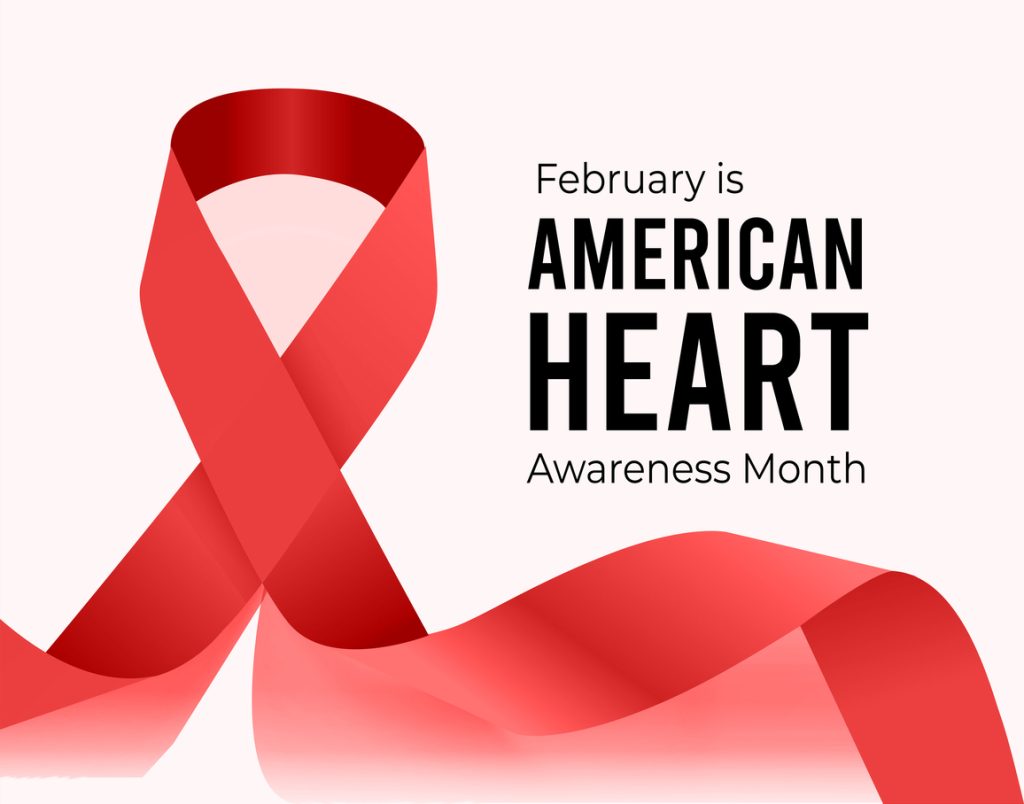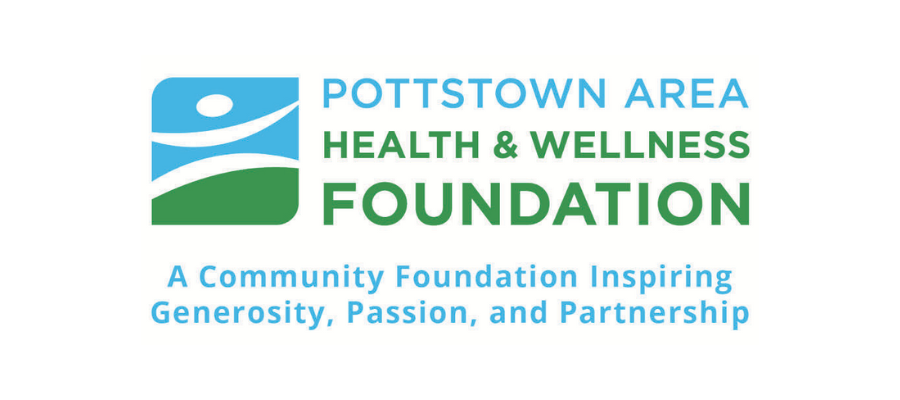Help Your Heart
February is Heart Health Month

By Pottstown Area Health & Wellness Foundation
A little love goes a long way at helping your heart accomplish about 100,000 beats per day. Pottstown Area Health & Wellness Foundation shares how to nourish this muscular organ.
Our heart beats quietly in the background of our lives, responding to everything from excitement, fear, a loving embrace, and even that taco you had for lunch. It works hard for us. Make your heart’s job a little easier with these healthy habits.
Schedule Your Well Visits
The pandemic’s health worries forced us to focus on the virus itself. As a result, many have neglected routine healthcare. This is especially dangerous for those coping with chronic conditions, including heart disease. Although it was smart to avoid unnecessary trips to medical facilities during the pandemic’s peak, the benefits of well visits now outweigh the risks. Mask up and go to your check-up appointments.
Through awareness, you and your physician can monitor your baseline health (what is normal for you) and any cardio risk factors. Know your numbers, including: cholesterol, triglycerides, blood sugar levels, heart rate, and blood pressure. Often, routine exams include EKG testing as well. Follow up as needed. You can find your local Clinic Here.
Practice Self-Care with a Side of Laughter
Throughout the day, take time to notice your breath. Indulge in several deep inhales and exhales to cleanse your system. Release toxic emotions and stress. This mindfulness refreshes your heart and spirit. A happier heart is a healthier heart.
Look for the humor in situations. Laughter provides a physical and mental tension release, which helps your heart thrive. It’s the perfect excuse to indulge in that sitcom or the daily comics. It also boosts your immune system. Go ahead and laugh—you need it!
Make time for aerobic activities. Try to increase your heart rate a little every day. Aim for 150 minutes each week of moderate-intensity activity, even bursts of 10 minutes count. Children require much more. Walking, riding your bike, and hiking trails easily can be modified for any fitness level. Consider developing an outdoor fitness routine at one of these local favorites. Don’t forget—dancing in your living room can happen with the click of your favorite tune.
Learn to love heart-healthy staples like oily fish high in omega-3s (think salmon and tuna). Use beans with high-soluble fiber as a heart-healthy protein. Power your snacks with berries, walnuts, low-fat yogurt, and red grapes.
Know the Warning Signs
Throughout my career, I’ve been amazed at the resilience of the human spirit. This quote describes
Cardiac events can present differently in different individuals. The ground-dropping, heart-gripping pain is not always there. And women’s heart attack symptoms vary greatly from men. Recognize these warnings and get help:
- Chest pain, including pressure, tightness, squeezing, or aching
- Pain in arms that may spread to your neck, jaw, or back
- Nausea, indigestion, heartburn, or abdominal pain
- Shortness of breath
- Cold sweats
- Sudden light-headedness or dizziness
Learn more ways to care for your heart at the American Heart Association.
